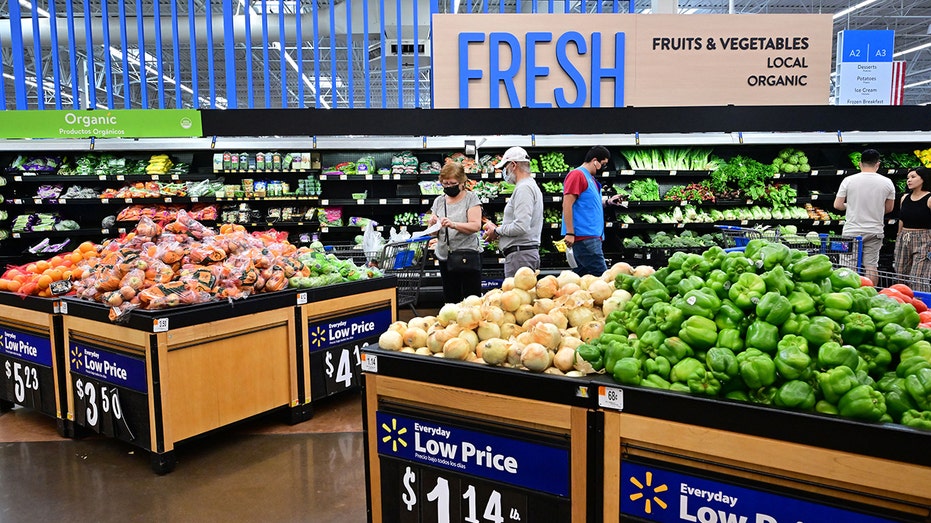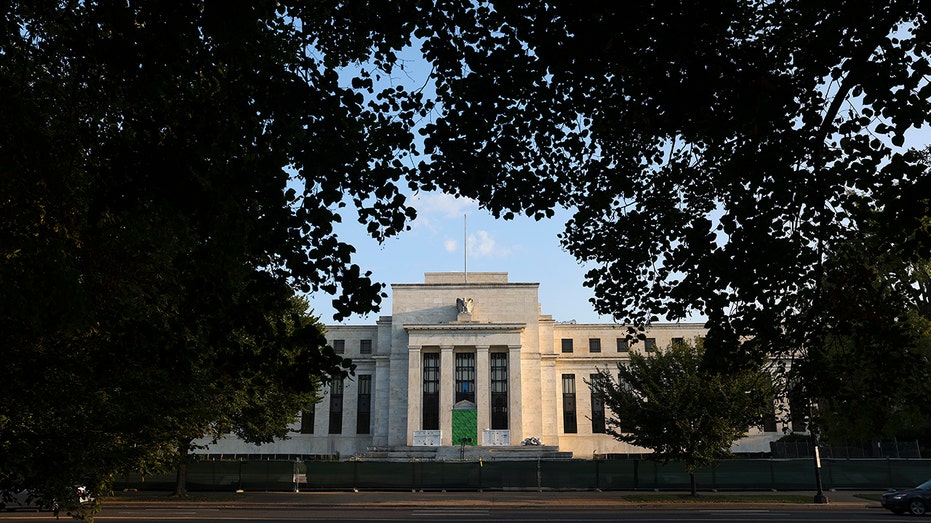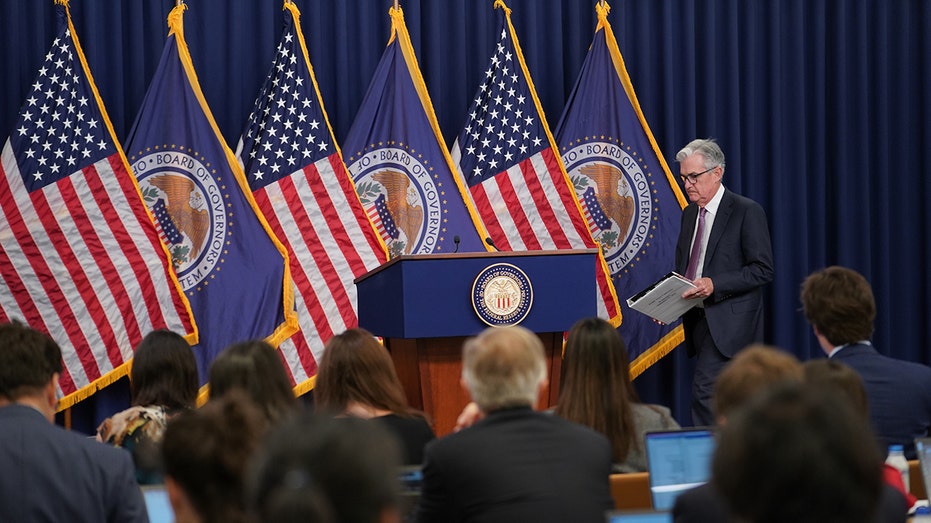Americans' inflation expectations dropped again in September, New York Fed says
Americans see inflation rising slightly in the longer-term
Fed has to choose between economic destruction and inflation: Dutch Masters
BNP Paribas chief U.S. economist Carl Riccadonna and Carnivore Trading CEO Dutch Masters discuss if the September jobs report cements a Fed 75 point rate hike in November on 'The Claman Countdown.'
Consumer expectations for where inflation will be one year from now eased again in September, according to a key Federal Reserve Bank of New York survey published Tuesday, a potentially reassuring sign for the U.S. central bank as it tries to cool surging prices.
The median expectation is that the inflation rate will be up 5.4% one year from now, the lowest level since September 2021, according to the New York Federal Reserve's Survey of Consumer Expectations. It marked the third straight monthly decline in year-ahead inflation expectations.
However, Americans see inflation remaining higher in coming years than they initially thought, according to the survey. Three years from now, consumers see inflation edging higher to 2.9% – up from the 2.8% recorded in August.
Consumers anticipate that prices will remain above the Fed's 2% goal over the next five years, projecting that the inflation rate will hover around 2.2% in 2027.
INFLATION NOW CAUSING FINANCIAL PAIN FOR MOST AMERICANS, SURVEY SHOWS

People shop for produce at a store in Rosemead, California on June 28, 2022. - Americans' feelings about the economy slumped further in June after falling sharply the month before amid concerns over skyrocketing inflation, according to a survey relea ((Photo by FREDERIC J. BROWN/AFP via Getty Images) / Getty Images)
"Median inflation uncertainty—or the uncertainty expressed regarding future inflation outcomes—decreased at the short-term horizon and was unchanged at the medium-term horizon," the survey said.
The report is based on a rotating panel of 1,300 households.
The survey plays a critical role in determining how Fed policymakers respond to the inflation crisis. That is because actual inflation depends, at least in part, on what consumers think it will be. It is sort of a self-fulfilling prophecy – if everyone expects prices to rise by 3% in the year, that signals to businesses that they can increase prices by at least 3%. Workers, in turn, will want a 3% pay raise to offset the rising costs.
A steeper-than-expected increase in inflation expectations in May actually prompted Fed officials to approve the first 75-basis-point interest rate hike since 1994 on fears that higher prices were becoming entrenched.
THE FED'S WAR ON INFLATION COULD COST 1M JOBS

The Marriner S. Eccles Federal Reserve Board Building is seen on September 19, 2022 in Washington, DC. ((Photo by Kevin Dietsch/Getty Images) / Getty Images)
In explaining the Fed's decision during a post-meeting press conference, Chairman Jerome Powell said policymakers were looking for evidence that monthly inflation was flattening or starting to fall. With consumer prices repeatedly surprising to the upside and inflation expectations unexpectedly climbing higher, officials determined that "strong action was warranted," he said.
"One of the factors in our deciding to move ahead with 75 basis points today was what we saw in inflation expectations," Powell told reporters during a press conference after the meeting. "We're absolutely determined to keep them anchored at 2%. That was one of the reasons – the other was just the CPI reading."
Policymakers in September approved a third consecutive 75-basis-point rate hike, lifting the federal funds rate to a range of 3% to 3.25% – near restrictive levels – and indicated that more super-sized increases are coming. There is a growing expectation on Wall Street that the Fed will trigger an economic downturn as it raises interest rates at the fastest pace in three decades to catch up with runaway inflation.

Jerome Powell, chairman of the U.S. Federal Reserve, arrives to speak during a news conference following a Federal Open Market Committee (FOMC) meeting in Washington, D.C., US, on Wednesday, Sept 21, 2022. (Photographer: Sarah Silbiger/Bloomberg via Getty Images / Getty Images)
"The chances of a soft landing are likely to diminish to the extent that policy needs to be more restrictive or restrictive for longer," Powell said last month. "Nonetheless, we’re committed to getting inflation back down to 2%. We think a failure to restore price stability would mean far greater pain."
GET FOX BUSINESS ON THE GO BY CLICKING HERE
The new inflation expectation projections come just a few days before the release of new consumer price index data, which is expected to be another doozy: Economists surveyed by Refinitiv expect that inflation rose 0.3% in September on a monthly basis, faster than the 0.1% pace in August.





















